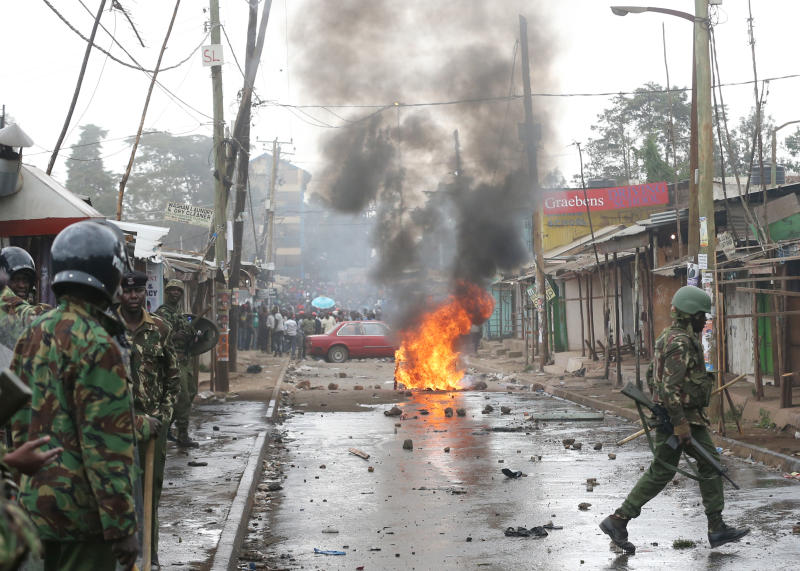×
The Standard e-Paper
Smart Minds Choose Us

How often have you heard that history is written by the victors? Thanks to this flawed academic approach, our children are taught about world wars, regional conflicts, ethnic violence, dynasties and empires.
Judging by this pedagogy we can easily conclude that might is right and violence is the best weapon to bring change and overthrow despotic and corrupt regimes. We glorify violence and consider Gandhi’s non-violence approach to freedom as a once-off experiment peculiar and particular to the great man.